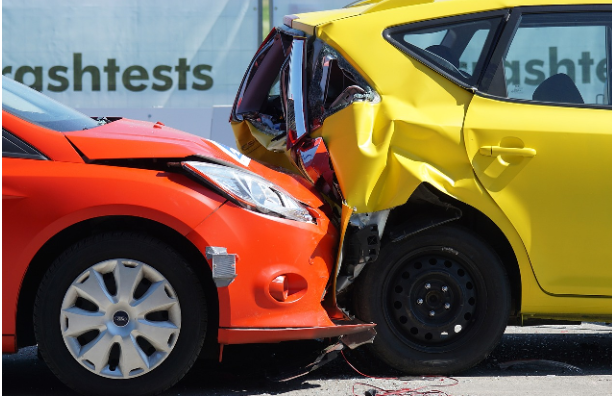Being in a car accident can be a frightening and stressful experience. You may feel rattled and unclear about what to do after even minor collisions. You may handle the situation securely and responsibly if you are conscious of the right steps to follow following an accident. Here are 7 important things all drivers should do if they are involved in a collision.
1. Check For Injuries And Call For Help If Needed
The first thing you should always do after an accident is to ensure that everyone involved is okay. If there are any serious injuries that require immediate medical attention, call 911 right away. Even if the injuries seem minor, it’s a good idea to have paramedics examine anyone involved, especially children and the elderly. Don’t hesitate to ask for an ambulance if you have any doubts about the severity of an injury and car accident attorney .
If the accident resulted in only property damage and no one needs emergency medical care, you should still pull over to a safe location and turn on your hazard lights. This alerts other drivers that an incident has occurred and helps prevent secondary accidents.
2. Exchange Information With Other Drivers
Once you have assessed the situation and called for help if needed, you’ll want to exchange important information with the other driver(s) involved. This includes names, phone numbers, driver’s license numbers, insurance details, and license plate numbers.
Hire a St. Petersburg car accident lawyer if you want to be sure you understand your legal rights and responsibilities. An attorney can help navigate the claims process.
3. Take Photos Of Damage And Scene
Use your smartphone to take pictures of any damage to both vehicles and the overall accident scene. Capture images from various angles and distances. This photographic evidence can be very helpful later when determining fault and dealing with insurance claims. Make sure to get wide shots showing the position of the vehicles and close-ups of any damage.
4. File A Police Report
You should always contact the police any time you’re involved in an accident, even if it’s relatively minor. At a minimum, you’ll want to file an official report documenting what happened. This report can support any insurance claims and help protect you if any questions arise later.
If the accident involved any injuries, fatalities, or major property damage, the police will automatically come to the scene to carry out a full investigation. Cooperate fully by answering their questions honestly. Avoid admitting fault or getting hostile. Anything you say to the police can be included in the official accident report.
5. Notify Your Insurance Provider
As soon as possible after the accident, call your car insurance company to inform them what happened. Describe the incident in detail and ask them to open a claim on your behalf. Having the police report number and any photos handy will help support your version of events. Be sure to ask what steps you need to take next regarding damage estimates, repairs, rental cars, and other needs.
6. Get Medical Attention If Needed
Even if paramedics already cleared you at the scene, it’s wise to visit a doctor after any accident where your vehicle was impacted. Symptoms of whiplash, concussions, and other injuries sometimes take hours or days to manifest fully. A thorough medical evaluation can detect any underlying issues and provide needed treatment. This also documents any physical effects of the accident for insurance and legal purposes.
Why Commercial Vehicle Accidents Occur: Understanding the Causes(Opens in a new browser tab)
7. Consult An Attorney If Necessary
For serious accidents involving significant vehicle damage, injuries, or death, it’s advisable to schedule a consultation with an experienced car accident attorney. An attorney can handle the insurance claims process on your behalf, make sure you receive full and fair compensation, and protect your rights and financial interests. They may also be able to help with related matters like lost wages, disability benefits, property damage claims, and wrongful death suits.
